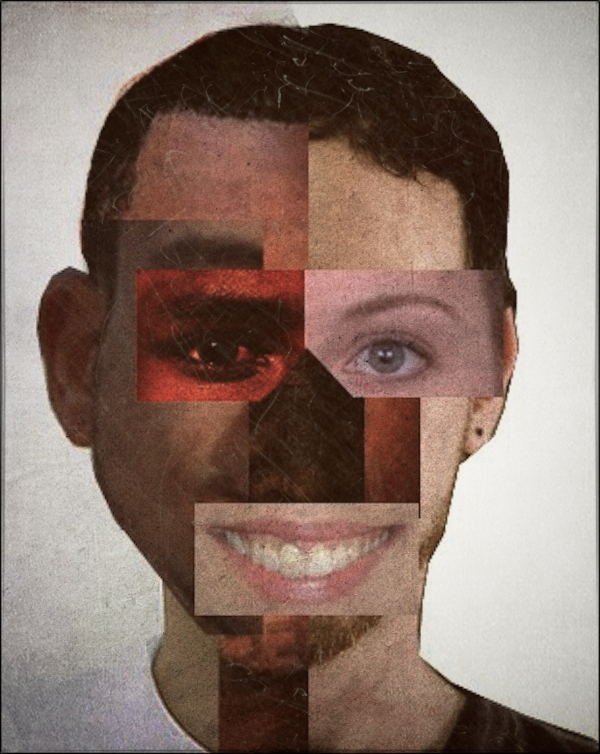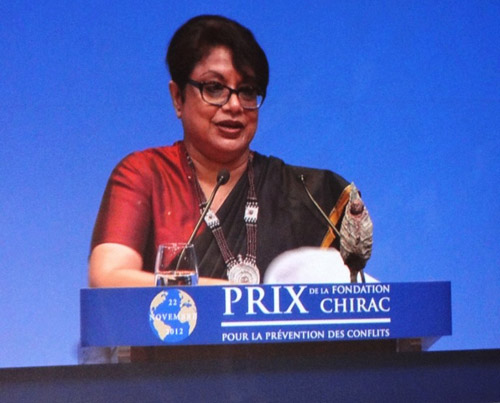http://groundviews.org/2012/11/28/the-clash-of-identities-in-post-war-sri-lanka/
My perspective is the one of a 25 year old who was born in Sri Lanka during the war and who came to France at the age of 1; one who is considered or seen as a French in her country of birth but who is expected to behave as a Sri Lankan; one who also happens to “belong” to both the ethnic and religiousmajority of the island.
In a country comprising mainly of Buddhists, one would think that Sri Lanka would be more tolerant, more understanding and open to other people’s beliefs and cultures -yet, though I may not know much about the ground reality, when I hear about anti-Muslim demonstrations, when I hear about discriminatory behavior and attitude towards Tamils, or when I do not hear at all about Burghers, I do not see much effort towards understanding and certainly not much tolerance in my country. Though this is not to be generalized, what I sometimes notice are various forms of marginalization, frustration, and sometimes even extremism from all sides. It seems to me that one of the main challenges in post-war Sri Lanka is therefore to resolve the current clash of identities. Continue reading





